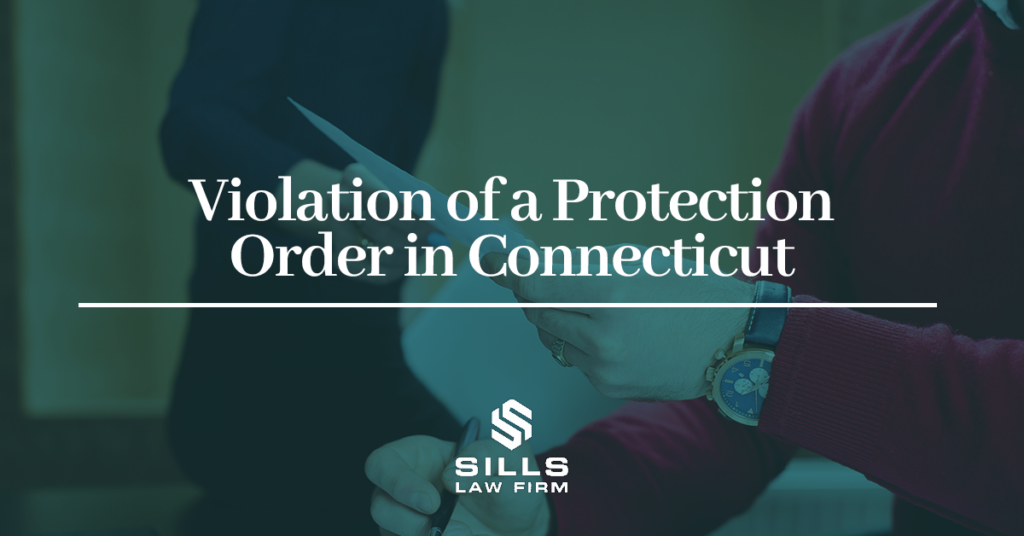Having a permanent criminal record can make life after jail or prison extremely difficult for former convicts in Connecticut. They have a hard time getting a job, finding a place to live, applying for college, and taking advantage of other opportunities in life.
Fortunately, a “clean slate” bill is headed to the Senate floor after it passed the Judiciary Committee earlier in April by a 21-19 vote. If the bill becomes law, a person convicted of a non-violent misdemeanor can have their criminal record automatically expunged after three years, while a person convicted of a non-violent felony can have their criminal record automatically expunged after five years.
On Wednesday, April 24, 2019, local and state legislators, criminal justice advocates, clergy members, and former convicts held a news conference to express their support for the bill. After an hour, it has become one of the top priorities for the Progressive Caucus and the Black and Puerto Rican Caucus—with each making an announcement at a separate news conference.
At the conference, former convicts spoke about how much they’ve significantly improved their lives since being incarcerated. However, having a criminal record follow them for the rest of their lives is a burden they cannot overcome.
According to statistics, sixty percent of convicts are unemployed after their first year of release. Men who are former convicts earn 40 percent less than those with a clean criminal record.
In one study, an estimated $87 billion in economic activity is lost annually in the U.S. due to hiring issues associated with criminal records. Connecticut is responsible for over $1 billion of that estimate.
Supporters claim that the first thing convicts are told to do is find a job and get a place to live. Yet, when they are not able to find a sustainable income or shelter, they return to a life of crime in order to make a living.
There are some lawmakers who oppose the bill. Some believe it lets serious offenders off the hook easier, without any input from the victims. Additionally, some wish to increase the automatic expungement date to ten years, rather than three or five.
House Speaker Joe Aresimowicz said that offenders who revert back to a life of crime are the “lowest common denominator.” He claimed that convicts are not likely to commit another crime three to five years after they complete their sentence.
In order for the bill to pass, it must be voted on in the Senate and then the House. This bill could potentially help thousands of people successfully reenter society and contribute to the economy.
If you are interested in expunging your criminal record in Connecticut to put your past behind you for good, our legal team at The Sills Law Firm is ready to help you achieve your goals. Backed by decades of experience, we can evaluate your case, determine your available legal options, and help you obtain the outcome you desire to get your life back on the right track.
For more information about expungements in Connecticut, contact us at (860) 524-8118 and schedule a free consultation today.
Related:






